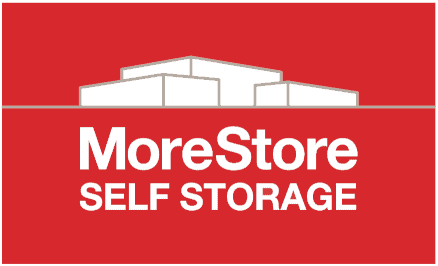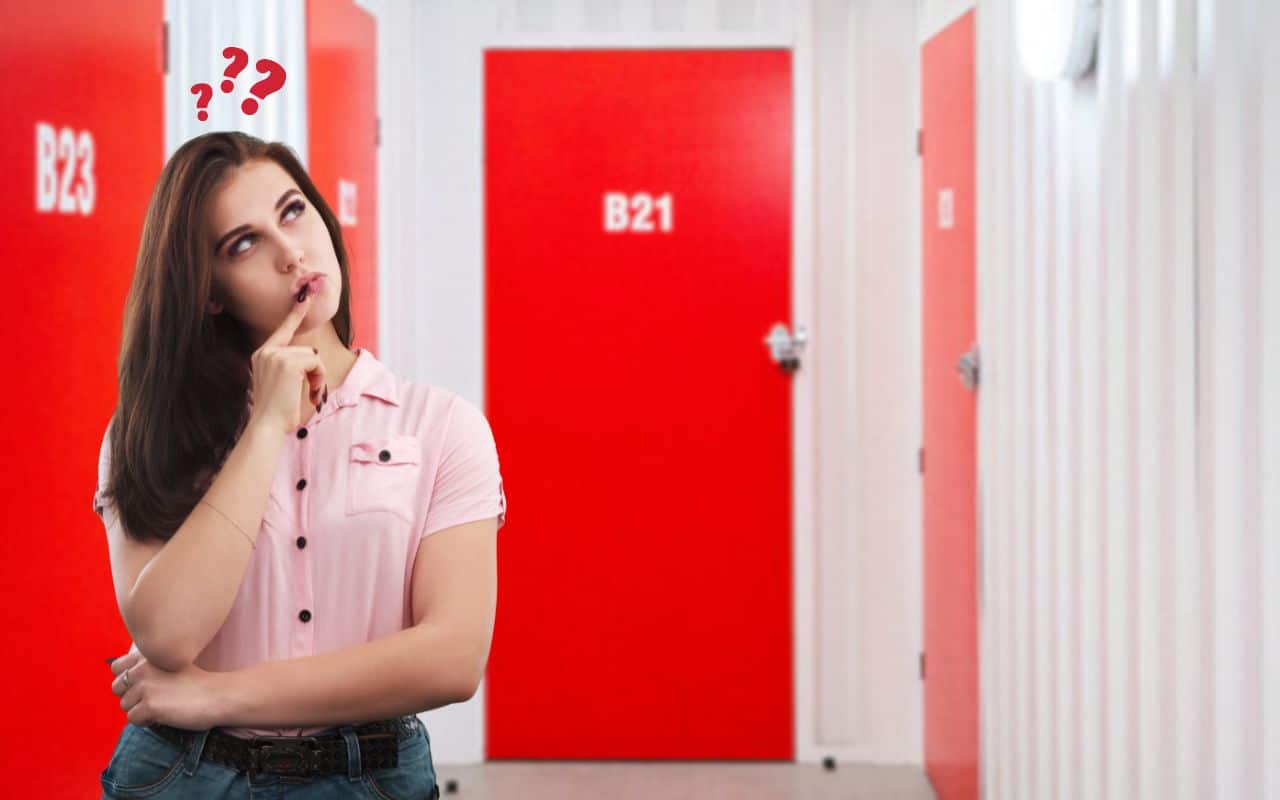Self-storage facilities have become more and more popular over the last few years as a convenient solution for storing belongings and business assets. You may have noticed some pop up in your local area, this could be for a number of reasons. Some speculate it could largely be due to the boom in people moving house or going travelling after being delayed by the pandemic. Another common theory is that as modern homes are being built with less storage space, the demand for secure self-storage units has grown.
So, what exactly do people store in those self-storage buildings? From the mundane to the mysterious, read on as we dig into some of the most common items stored within…
Seasonal items: If you’re light on storage space in your home or office, one of the most practical uses of self-storage units is to store seasonal items. For personal use, this could be anything from big winter coats and Christmas decorations to sporting equipment and camping gear. For small businesses, self-storage units provide an excellent place to set aside seasonal stock and equipment. Keeping items that are only needed for part of the year in a self-storage unit, frees up valuable space in homes, garages, and offices.
Furniture and household appliances: Whether downsizing, moving, or simply redecorating, many people turn to self-storage units to temporarily house furniture and appliances. Sofas, beds, tables, refrigerators and more can all be found temporarily placed away in self storage, waiting to be transferred to a new home or sold.
Student storage: Families often turn to self storage when the kids are back from university for the holidays. To avoid cluttering up the house with their excess furniture, desks, TVs and more, temporary self-storage units work a treat!
Memorabilia and keepsakes: From childhood mementos to family heirlooms, self-storage units often hold a treasure trove of memories. These items may not have practical value but hold immense sentimental significance for their owners – this is particularly prevalent when there has been a loss in the family. When inheriting lots of large furniture and countless boxes filled with sentimental items you don’t have space for, self-storage units are a practical solution to keep these items safely locked away until you’re ready to make a decision on what to do with them.
Business inventory: Small businesses, online sellers, and the self employed often require self-storage units to store excess stock, materials, and equipment. These units can serve as small-scale warehouses, allowing businesses to manage their stock without the expense of a dedicated commercial space. Electricians, plumbers, and other small trade businesses, may have lots of tools and equipment that they don’t use day to day. Self-storage units provide a safer alternative to keeping this equipment in their vans overnight. With many additional layers of security including CCTV cameras, self-storage units grant total peace of mind.
Vehicles and recreational equipment: Boats, motorbikes, jet skis, caravans and more! Vehicles that are used seasonally or once in a blue moon are often kept away in a storage unit for safe keeping. As they can consume garage or driveway space and carry significant value, storing them away from prying eyes in a private storage facility is often considered the most sensible option.
Documents and records: The age-old problem of archiving important physical documents and records is that they will continue to accumulate, taking up valuable space. When clearing out a garage or loft, many people start with documents that they will rarely need access to but need to keep nearby. Businesses may find that instead of upsizing their office, it would be more cost-effective for them to create space by redistributing archived documents to a secure, offsite location. Self-storage units provide a clean, dry space where old financial documents and legal paperwork can be organised.
Collectibles and antiques: Self-storage units are very popular with people who have a large collections of treasured items. This may include vintage clothes, toys, coins, stamps, books, comics, vinyl records, and other collectibles. Storage units offer climate-controlled environments to help preserve the condition of delicate, time-worn items.
Musical instruments and equipment: Artists, musicians, and performers often rely on self-storage units to store their larger instruments and equipment. These items include drums kits, cellos, lighting rigs, mixing desks and more. All of which can take up a lot of space in someone’s house. Storage units provide a secure and climate-controlled environment to protect delicate and valuable items from damage.
Emergency supplies: Some individuals use self-storage units to store supplies that may needed in emergency situations. Such items may include non-perishable food, water, medical supplies, external hard drives of digital backups etc. Having these emergency supplies stored away in an external storage unit may prove vital in the case of natural disasters or other emergencies. This is more common for homes that are at higher risk of damage coastal erosion or flooding.
That wraps up our list of what people store in self-storage units! We hope you’ve gained a wider understanding of the range of items that might be put into storage and why. To summarise, self-storage units are a safe and secure solution for storing personal possessions such as furniture, collectibles, and sentimental inherited items, or business assets including archived documents, tools, equipment, and seasonal stock.
Wondering what you can and can’t store in self-storage units? This varies depending on the storage facility, but take a look at our restricted items blog post to find out more.
If you’re looking for self-storage units in Lincolnshire near Stamford, Bourne and Market Deeping – get in touch for a quote and to arrange a viewing today!


